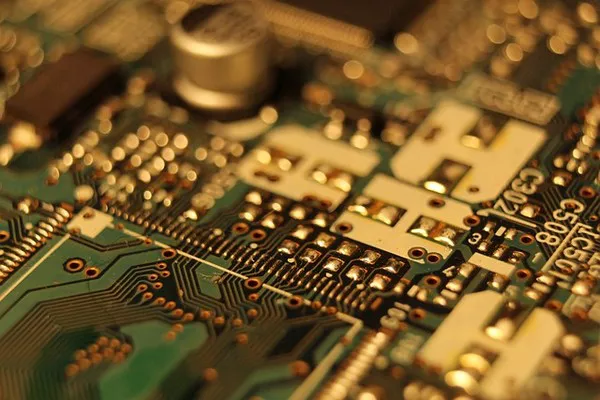Flex and Musashi Energy Solutions Team Up to Create Hybrid Supercapacitor Energy System for AI Data Centers
As artificial intelligence (AI) continues to drive exponential growth in data center power requirements, Flex and Musashi Energy Solutions are joining forces to develop an advanced hybrid supercapacitor energy solution. This collaboration aims to address the increased and intermittent power demands that AI imposes on the grid, ensuring stability and performance in data center operations.
AI’s impact on energy consumption is substantial compared to traditional data processing. For instance, a single query using AI-driven models like ChatGPT requires significantly more power—2.9 watt-hours—compared to just 0.3 watt-hours for a standard Google search. This disparity highlights the frequent and unpredictable power fluctuations associated with AI workloads, known as “power bursting,” where energy demand can vary by as much as 50% in rapid succession.
Goldman Sachs projects a 160% increase in data center power demand by 2030, with total consumption potentially reaching 4% of global power, up from the current 1-2%. AI is expected to contribute significantly to this rise, potentially accounting for 19% of data center power needs by 2028. In response to these projections, innovative solutions are crucial to manage the growing power demands and mitigate their impact on the power grid.
Flex and Musashi Energy Solutions are addressing these challenges with their development of a capacitor-based energy storage system (CESS). This system leverages Musashi’s Hybrid SuperCapacitor (HSC) technology, designed to integrate seamlessly with server rack power systems in data centers. The CESS aims to stabilize power supply systems by managing peak loads and mitigating power surges and line disturbances, particularly during AI training and inference processes.
The hybrid supercapacitor technology utilized in the CESS is noted for its high power density, longevity, and reliability. Unlike traditional battery systems, the CESS is capable of handling millions of charge/discharge cycles, offering a longer lifespan and improved performance. It has passed rigorous safety certifications, including UL 810A and UL 9540A, ensuring high thermal stability and safety in extreme operating conditions ranging from -30°C to 70°C (-22°F to 158°F).
Flex is set to begin production of the CESS in early 2025, marking a significant step towards meeting the evolving energy needs of data centers driven by AI. This advanced solution is expected to play a crucial role in balancing power supply systems and managing the long-term energy transitions required to support future data center operations.

